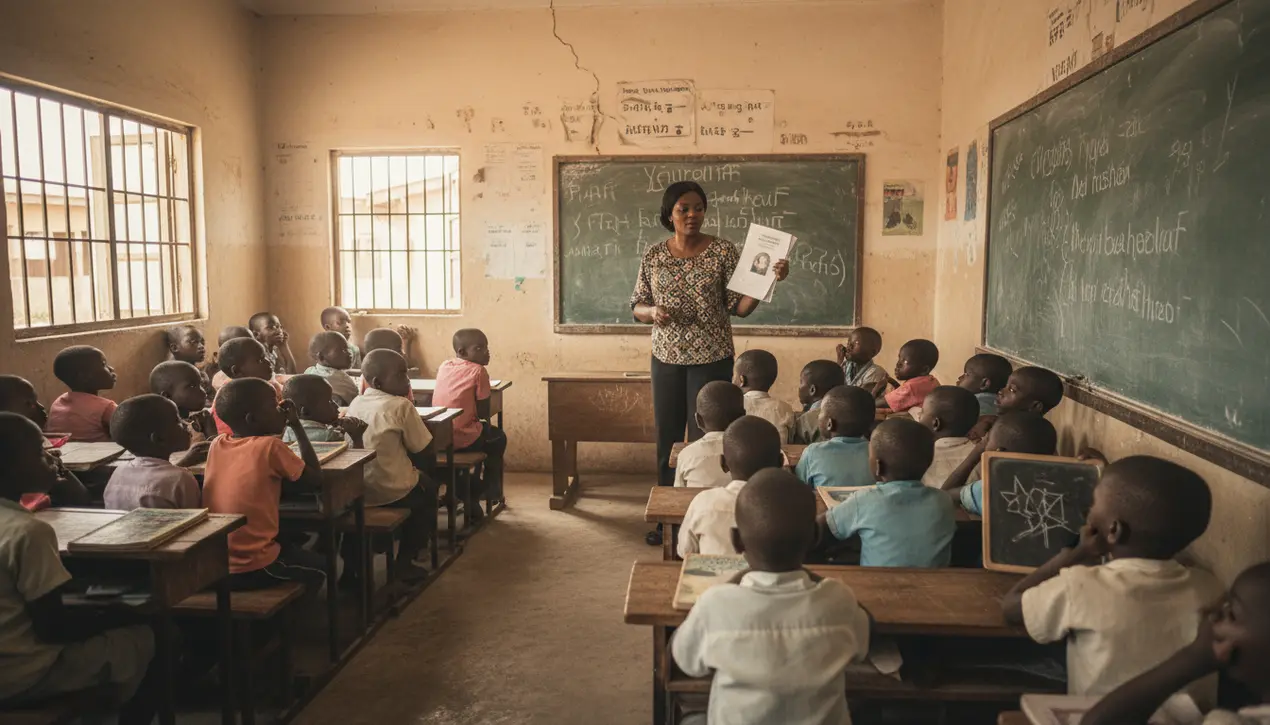
OthereducationSchool Reforms
Nigeria Reverses Mother-Tongue Policy in Primary Schools.
AN
Anna Wright
4 hours ago7 min read1 comments
In a significant policy reversal that speaks volumes about the complex interplay between cultural identity and educational pragmatism, Nigeria's government has officially rescinded its ambitious mandate for primary school instruction in students' mother tongues, a decision announced by the education minister following a discernible decline in exam results from regions that had adopted the practice. This U-turn is not merely an administrative adjustment; it is a profound concession in the long-standing, deeply emotional debate over linguistic heritage versus global competitiveness in a nation of staggering diversity, home to over 500 languages.The initial policy, rooted in a well-intentioned UNESCO-backed philosophy that champions mother-tongue education for bolstering early childhood cognitive development and cultural preservation, has collided with the hard wall of on-the-ground reality. The minister's statement points to a simple, damning metric: falling test scores, a tangible outcome that policymakers could not ignore, suggesting that the theoretical benefits were undermined by a lack of preparedness, from insufficient teaching materials to a dearth of qualified educators proficient in the myriad local languages.This scenario is achingly familiar across post-colonial nations, where the ghost of a colonial language—English, in this case—remains the key to the kingdom of higher education and economic mobility, creating a painful dichotomy for parents who cherish their heritage but demand for their children the tools for a future on the global stage. The reversal lays bare the immense logistical challenge of implementing a one-size-fits-all linguistic policy in a country where a child's first language might be Efik, Igbo, Yoruba, or Hausa, and it forces a difficult conversation about whether a unified national identity can be forged without sacrificing the rich tapestry of local cultures.One can almost hear the sighs of relief from urban parents who view English as the non-negotiable currency of success, juxtaposed with the disappointment of cultural advocates who see this as a surrender, a step back from the decolonization of the African mind. The personal impact on the classroom is immense; teachers, already grappling with overcrowding and resource scarcity, are now tasked with navigating another pedagogical shift, while children may face further disruption in their foundational learning years. This decision is a stark reminder that policy, no matter how ideologically pure, must be tempered by practical capacity and measurable outcomes, and it leaves Nigeria at a critical crossroads, forced to balance the soul of its diverse heritage with the relentless demands of a standardized, interconnected world.
#Nigeria
#education policy
#mother-tongue teaching
#English language
#primary schools
#academic performance
#featured
Stay Informed. Act Smarter.
Get weekly highlights, major headlines, and expert insights — then put your knowledge to work in our live prediction markets.
Related News
Comments
Loading comments...
© 2025 Outpoll Service LTD. All rights reserved.